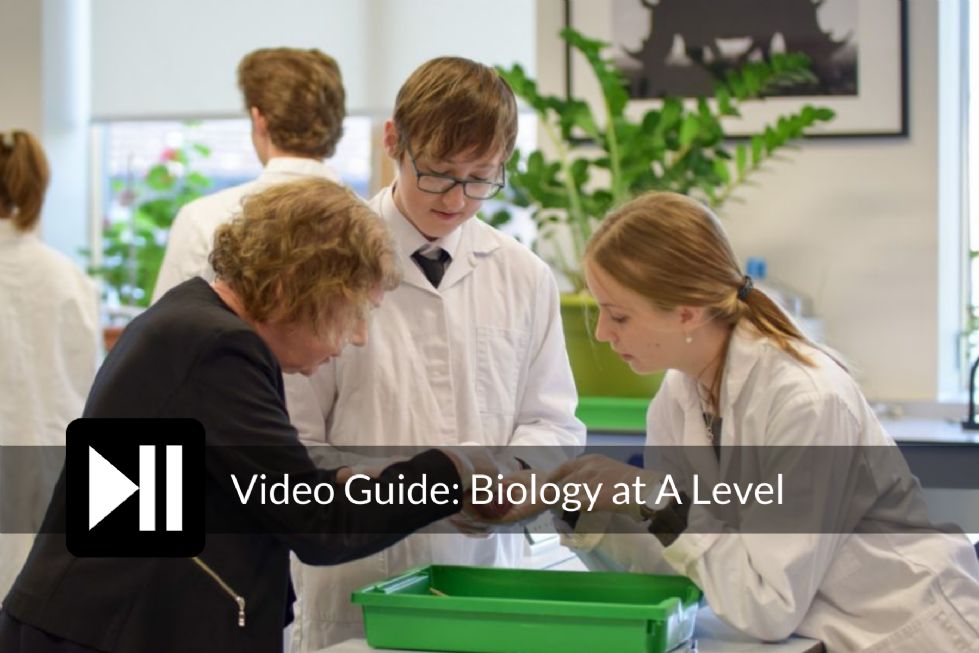Biology
Biology at Kimbolton is taught by enthusiastic subject specialists. We emphasise the need for good practical and team work skills and our A level students regularly go on to Oxbridge and/or Medical School.
We teach Biology as a separate science throughout the Senior School.
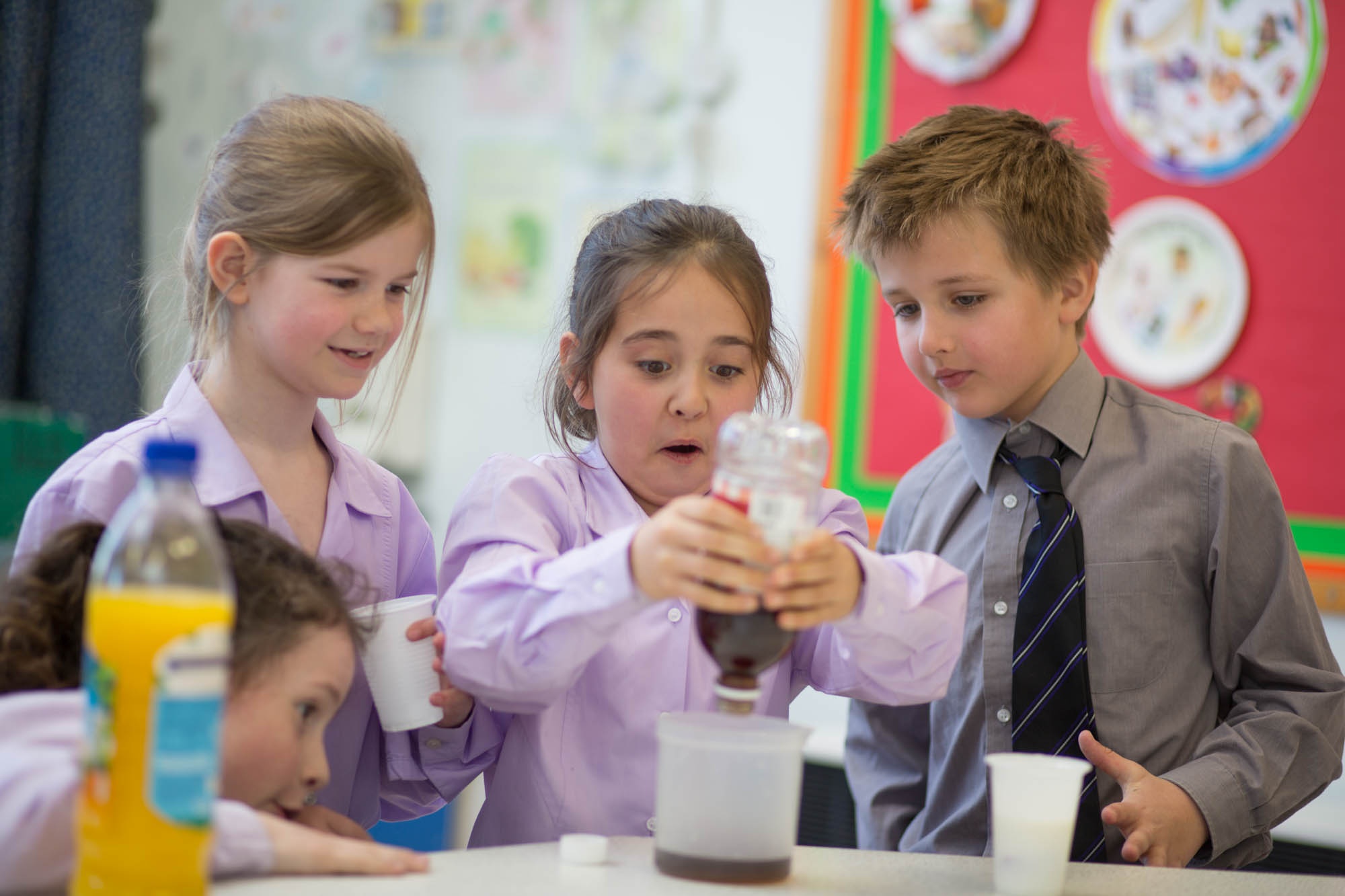
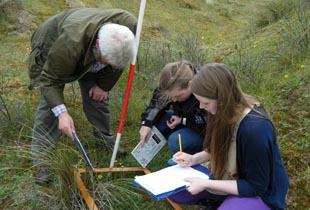
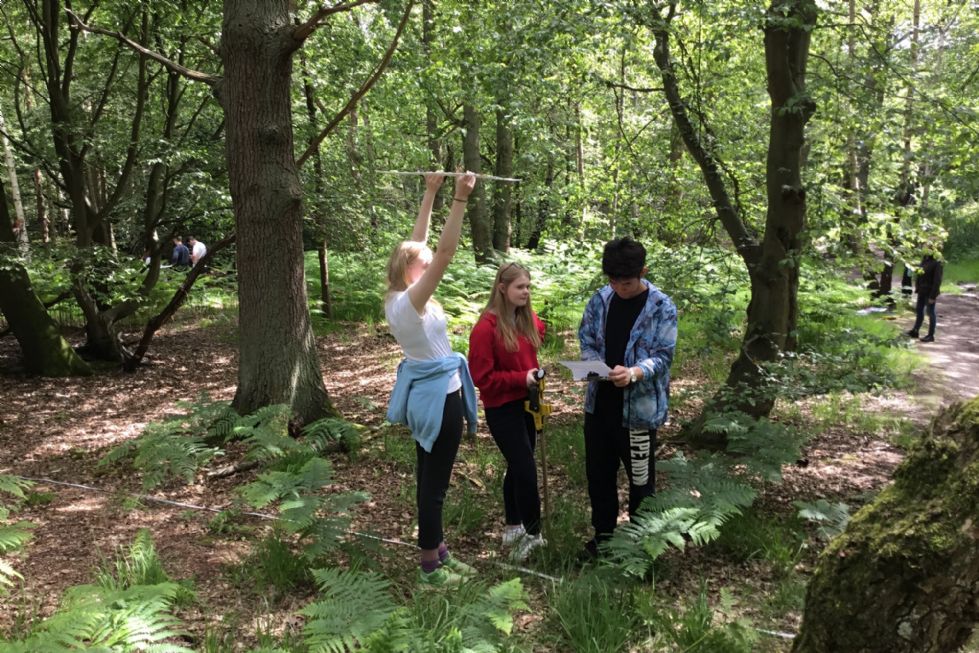
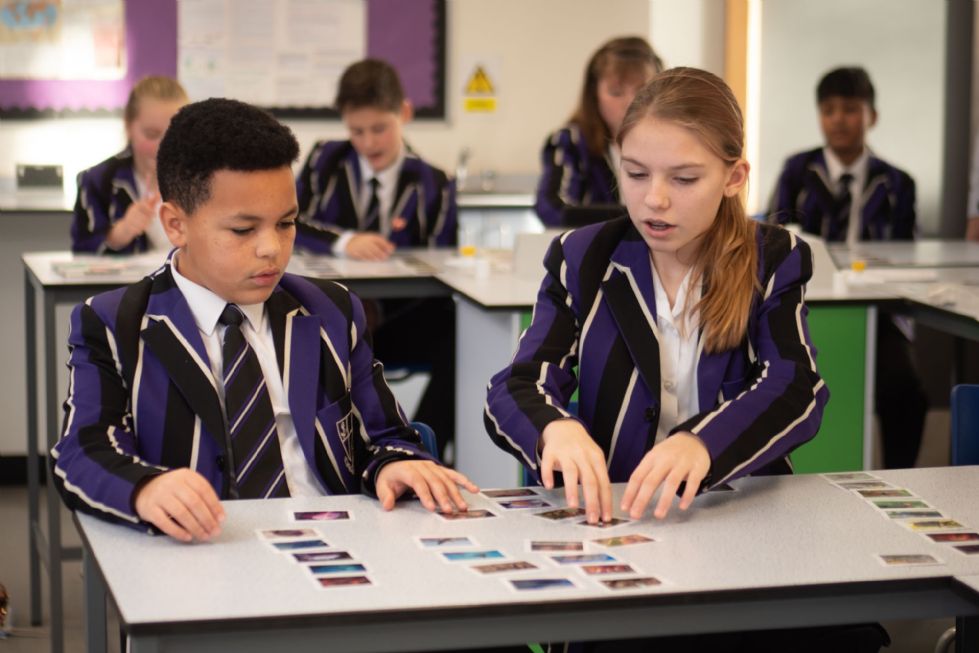
Departmental Staff
Technician
Curriculum
First to Third Forms – compulsory for all pupils
Our First and Second Forms follow an enhanced Key Stage 3 Programme of Study, with an emphasis on practical work. We begin the AQA GCSE Biology course during the Third Form.
Fourth and Fifth Forms – optional GCSE subject
- Separate Sciences: AQA GCSE Biology 8461. Assessed via two exams.
- Combined Science: AQA Combined Science Trilogy 8464. Assessed via six exams (two each for Biology, Chemistry, Physics). Please see our separate page on Science at GCSE Level to find out more about this option.
Biology is the study of the natural world: living organisms and their structure, life-cycles, adaptations, and environment. This knowledge can ultimately be used to improve our world in many areas including public health, disease control, natural resources, pollution, animal care and conservation.
During lessons you will explore seven key subject areas: cell biology, organisation, infection and response, energetics, homeostasis, inheritance and evolution, and finally ecology. You will be learning exciting novel ways that our biological understanding leads to treatments for infertility and heart disease, why biodiversity is so precious to our ecosystems and how an understanding of pathogens and how they spread can help reduce the impact of future pandemics.
As with the other sciences, Biology helps you improve your skills in many areas: research, analysis, communication, problem-solving, presentation, creativity, and organisation.
Lower and Upper Sixth Form – optional A Level subject
Biology has many links to contemporary social, environmental and ethical issues. If you want to learn more about the complexities and intricacies of life, how nearly 4 billion years of history has resulted in the wonderful biodiversity we see around us and the systems we have to control our human physiology, this is the subject for you!
You’ll investigate the fundamental concepts of cell and molecular biology, including how DNA works as a coding molecule and how protein synthesis in cells is regulated. There is also work on evolution, human physiology, homeostasis and genetics. Later in the course, you’ll expand your knowledge and understanding by studying a wide range of topics such as neurobiology, hormones, and the biochemistry of the key energy transfers essential for life.
In the Upper Sixth you'll spend three days on a field trip to the south coast undertaking a range of ecological investigations. In the classroom, ‘Brain Day’ (led by a professor of Neuroscience) provides fascinating insight into contemporary research about the human brain.
Beyond the classroom: Learning at Biology A Level can be supplemented and extended in a variety of ways. Reading publications such as the New Scientist and Biological Sciences Review, or relevant books in areas of interest, for example The Selfish Gene. Entering competitions such as the Peterhouse Kalvin Science Essay Competition or following podcasts and completing MOOCs.
- View our Sixth Form Prospectus
Extra-Curricular Activities
- Our after-school STEM club allows keen scientists to work on projects of their choosing, while Gardening club focuses on conservation issues and plant sciences. We have a thriving Medical Society for the Fifth to Upper Sixth Forms. Form students and members are invited to discuss ethical issues and we regularly have visiting speakers, often former students following medical careers.
Regular Trips, Visitors and Competitions
- The Second Form visit Whipsnade Zoo to carry out work related to the adaptation of organisms.
- Sixth Formers visit the South Coast for three days to carry out ecological fieldwork.
- Sixth Formers attend enrichment activities such as the Babraham Institute's Schools Day to learn about cutting edge Bioscience research.
